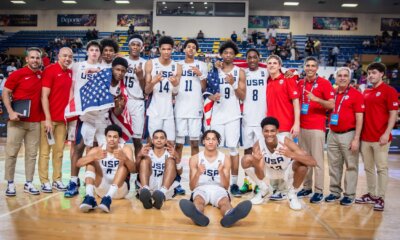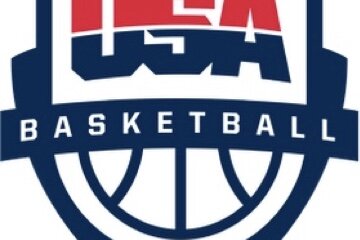Tonight, I’ll attend my second championship game ever which ironically has one common denominator – Michigan. I was in Seattle for Rumeal Robinson’s clinching free throws lifting Michigan to an overtime victory over Big East stalwart -Seton Hall.
Now nearly 30 years later, it’s Michigan again vs the Big East’s big boy, Villanova.
In 1989, I went with a friend, Tom Douglass and his family, it was an incredible trip to Seattle and it was my first Final Four. As I walk around the San Antonio streets this weekend, I see families that resemble the Douglass family. Frank Douglass was a prominent lawyer out of Houston who had his own firm. My friend TD had a brief stint as a walk-on for UT. They loved UT.
The Douglass family is your prototypical Final Four attendee. Well-to-do people that love the sport and love their teams. And mostly white. There were armies of white people rocking their schools walking through downtown San Antonio or on the RiverWalk.
The two teams that remain also represent the elitist culture of college institutions. To schools that have ridden athletic success to raise tuition prices and academic standards to new heights. It’s a different version of the “one shining moment” -that’s only shared between a small, select group.
San Antonio is a military city and there are reminders of that all throughout from the Alamo to the statues and tributes of heroes. The older generation of coaches fit the NCAA’s version of this. They were the ones in the game before the coaching salary was a livable wage. It was that group that made a true sacrifice to the sport. You didn’t have the seven-figure salaries of today. They limp around the Final Four much like Vietnam vets, underappreciated and forgotten.
The sport has moved on and left them in its dust. A few get some media love and stay relevant like a Bobby Cremins or a Pete Gillen but for most who started their coaching careers in the 60’s the Final Four becomes a sad reminder of how anonymous they have become.
In 1989, Tom Penders had arrived at the University of Texas and led the ‘Horns to the NCAA tournament. Now here in San Antonio for the Final Four, he’s in his 70’s. Outside of his family, he has spent a lifetime in basketball, first as a player and then as a high school coach and then to 7 collegiate institutions. He won 648 college games. He does his best to get around and manages, barely.
Penders never brought a team to the Final Four and he’s not in the Hall of Fame, so the NABC may not be able to charge 10k to put him at a table for their Legends dinner but he’s worthy of being celebrated.
The NABC should have a banquet for the older coaches, it should make a great effort to transport the coaches around and if no one else- they should put these coaches on a pedestal offering them the best tickets to the games.
The Final Four should be that place to celebrate Tom Penders and others that gave their lives to the coaching profession. And yes, let’s celebrate the players too. The generations of former players who spent four years playing college basketball. They are who built March Madness and the “one shining moment”, this event should remember them and not just be reserved for the social and economic elite who can afford the ticket packages and the tuitions of these schools.
Parent, journalist, adjunct professor, host-That Bracket Show on SB Nation Radio and former Five-Star Camp CEO. Principal of Klein Sports and Education Consulting. Current clients include; The Highlands Current, Kinexon Sports, Basketball Travelers, and Blue Star Sports Technology. Current member of the USA Basketball Working Group on Youth Development Member: USA Basketball Writers Association, AIPS, AP Sports Editors, NABC and Society of Professional Journalists





